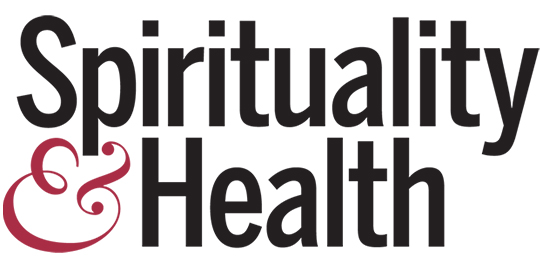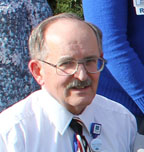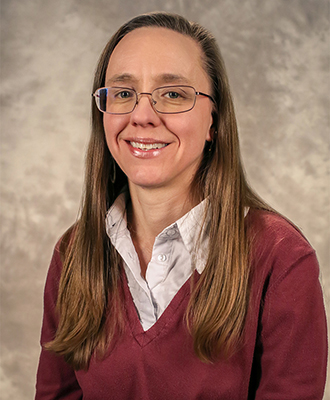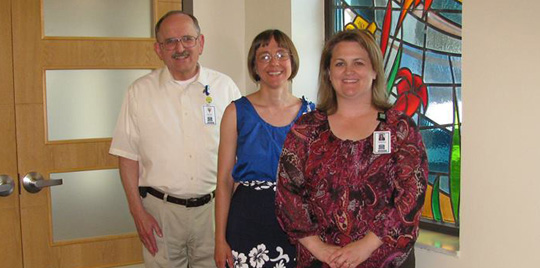
 Believe it or not, it is very difficult to define spirituality. I was recently reminded of this when I participated in an on-line seminar for professional chaplains from all parts of the United States. This group struggled to find a clear, concise understanding of spirituality that we could all accept. We seemed to agree that spirituality has to do with how and where someone finds significant meaning, hope, and inner strength for their lives, but beyond this our ideas scattered broadly. We also agreed that spirituality plays an important role in personal health and healing — positively or negatively — and for this reason a sensitive awareness of patients’ spirituality is vital in the public healthcare setting. On more than that, though, we found it hard to achieve any consensus. . . .
Believe it or not, it is very difficult to define spirituality. I was recently reminded of this when I participated in an on-line seminar for professional chaplains from all parts of the United States. This group struggled to find a clear, concise understanding of spirituality that we could all accept. We seemed to agree that spirituality has to do with how and where someone finds significant meaning, hope, and inner strength for their lives, but beyond this our ideas scattered broadly. We also agreed that spirituality plays an important role in personal health and healing — positively or negatively — and for this reason a sensitive awareness of patients’ spirituality is vital in the public healthcare setting. On more than that, though, we found it hard to achieve any consensus. . . .
Chaplains at the North Kansas City Hospital take it for granted that every person is spiritual, meaning everyone has a spirituality. But we also take it for granted that every person expresses his or her spirituality in a uniquely personal way. Some people will express their spirituality through familiar, time-honored religious rules and rituals; others will prefer a more singular and private form of expression; some will invoke a divine being or classic philosophy as the basis for their personal belief system; others will not recognize anything more compelling than their own individual sense of right and wrong. It all falls under the general understanding of spirituality for us to the extent that it inspires, informs, and invests the person with some sense of purpose and poise – i.e., stability, security, self-control — and a moral compass for daily living. Our chaplains strive to acknowledge, respect and empower this spirituality for the sake of patients, families and hospital staff with the desire that, by so doing, we may bring hope and healing to every life we touch.



